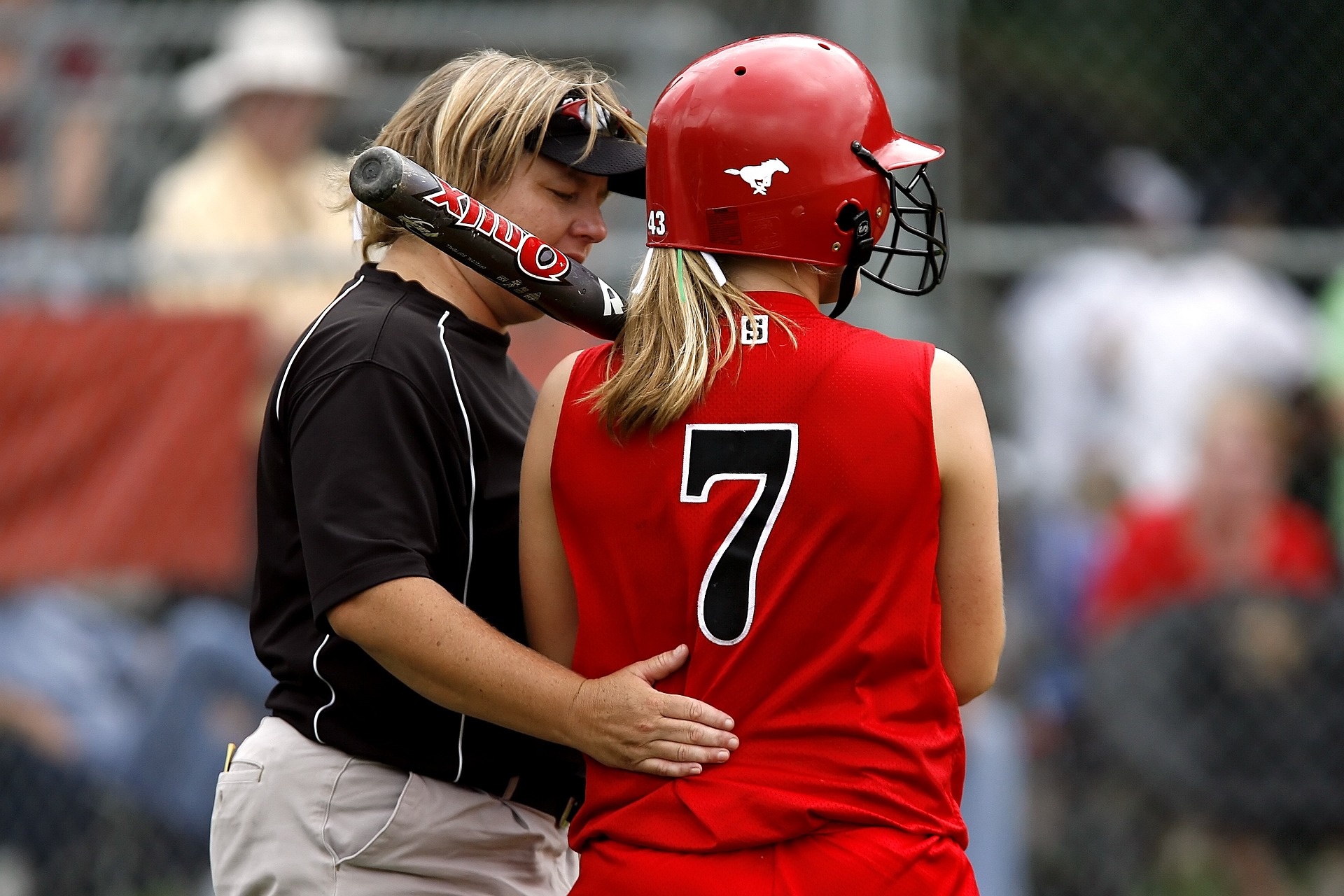This research was conducted by the Center for BrainHealth at the University of Texas at Dallas and was published Wednesday in the online open-access journal Frontiers in Neurology. While the fastest recovery occurs in the first six months following trauma, specific TBI programs can be applied to achieve continued improvements as the new experiment shows. The study enrolled, 20 adolescents aged 12 to 20 years, who had suffered TBI at least six months prior to participating in the research. The participants were exhibiting gist-reasoning deficits, which is the inability to extract relevant meaning from complex information. Gist reasoning is deeply associated with cognitive abilities, such as working memory, which involves holding pieces of temporary information and changing them, as in mental arithmetic and the ability to filter out useless information.
Traumatic brain injuries (TBI) can cause severe cognitive problems in adolescents and children, such as a loss of concentration or focus, communication, and problem-solving skills. While it is difficult to predict how long the recovery process from a TBI will take, previous research suggested that cognitive improvements can occur up to one year after the injury, after which it reduces significantly. But new research indicates that with specific brain training, cognitive improvements can be achieved even years after injury.





